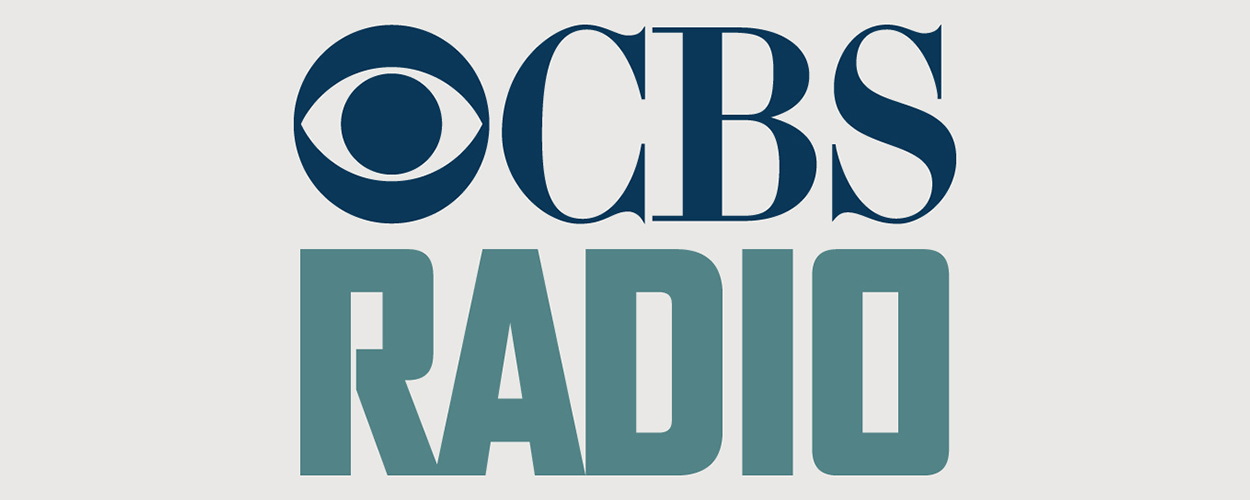This website uses cookies so that we can provide you with the best user experience possible. Cookie information is stored in your browser and performs functions such as recognising you when you return to our website and helping our team to understand which sections of the website you find most interesting and useful.
Business News Digital Legal Media Top Stories
CBS Radio defeats pre-1972 royalties claim with remaster-reboots-copyright argument
By Chris Cooke | Published on Thursday 2 June 2016

Right then, this is yet another interesting development in the long running dispute Stateside about whether or not radio services – on air or online – have to pay royalties to record companies when they play tracks that were released before 1972. Perhaps they do, but AM/FM stations now have a sneaky get out: not if they play versions of the records remastered after 1972. Bingo.
As much previously reported, this dispute began with the US record industry’s fight with Pandora and Sirius over whether or not American online and satellite broadcasters needed to pay royalties to record companies when they played golden oldies from the 1950s and 1960s. Federal law in America says online and satellite radio services do need to pay royalties to labels, whereas AM and FM stations do not. But US-wide federal copyright law only applies to sound recordings released since 1972.
Pre-1972 recordings are protected by state copyright laws which make no distinction between online and traditional radio. Because AM/FM stations have never paid royalties when they play pre-1972 catalogue, Pandora and Sirius argued that they shouldn’t have to either. But test cases in California and New York said that, despite some ambiguities, there probably was a general performing right as part of the State-level sound recording copyright, which would mean Pandora and Sirius would be liable to pay royalties to the labels.
Though, given that state laws – unlike federal law – don’t specifically limit that performing right to digital and satellite services, the rulings in the Pandora/Sirius cases suggested that traditional radio stations should also have been paying label royalties all these years, even though no record company has ever previously enforced that right to payment.
Following that logic, ABS Entertainment, which owns old recordings by Al Green among others, got out its litigation pen and filed a lawsuit against CBS Radio in a case that, if ABS had won, could have proven costly for any American radio stations playing pre-1972 records.
But lawyers for CBS came up with a clever ruse in the radio firm’s defence: its stations may play records that were originally released in the 1950s and 1960s, but it always plays remastered versions of those tracks. And, the argument went, a new copyright was created with the remastering process, and that happened post-1972.
Record companies usually like the idea that a bit of remastering can essentially reboot the copyright in a recording, because then when the copyright in a track is approaching its 50, 70 or 95 year (depending on country) expiry date, you can delete the original, push out a remastered version, and start the copyright term all over again.
Though in this case, ABS hit out at the remastering get out, arguing that in most cases the sound engineers doing the remastering just tweaked the balance and loudness, which were mere mechanical changes that were insufficient to create a new copyright. And anyway, if you allowed a new copyright to apply in such cases, that means sound recordings will basically never go out of copyright.
But this week, Californian judge Percy Anderson accepted the CBS argument, ruling that, in the examples of remastered recordings presented in the case, there were sufficient differences between the original and new versions of the track to constitute a new copyright in the latter version. And that copyright would indeed have come into being after 1972, so to be covered by federal law, which only provides a digital performing right for sound recordings.
The judge relied in part on expert testimony presented by CBS. Acoustic engineer and research scientist Dr Durand Begault investigated the changes made to various tracks during the remastering process.
The Hollywood Reporter notes that he found, in the remastering of Ace Cannon’s 1961 track ‘Tuff’, for example, there was “additional reverberation”, and that the reworked version “was played in a different musical key and at a faster tempo”. Concluding that those were not mere mechanical changes – and noting that experienced sound engineers were hired for the remastering process because substantial changes were usually intended – the judge ruled that that remastering constituted “multiple kinds of creative authorship”.
Welcoming the summary judgement in his client’s favour, CBS’s legal rep, Robert Schwartz of LA-based Irell & Manella, told reporters: “We are pleased that the court has ruled that the broadcast of pre-1972 sound recordings that have been remastered after 1972 is governed by federal copyright law rather than state law, especially when original expression has been added during the remastering process”.
Anderson’s ruling doesn’t necessarily mean all and any remastering creates a new copyright, though – assuming it stands – the judgment probably sets enough of a precedent to protect AM/FM stations in the US from claims for royalty payments on pre-1972 tracks, because such claims would require the time-consuming scrutiny of each remaster to ascertain whether any creative authorship took place. And that sounds like a lot of work, given the relatively modest royalties that would likely be won, and the ongoing efforts to try and get the record industry a general performing right at a federal level anyway.
Meanwhile, the ruling arguably helps the record industry with its remaster-to-reboot-the-copyright practice, while also possibly providing the good old record producer and studio engineer with a stronger case for sharing in the statutory ‘equitable remuneration’ monies paid to performers whenever the performing rights in their sound recordings are exploited (or, in the US, on SoundExchange income), in that it suggests that they are very much involved in the ‘performance’.





